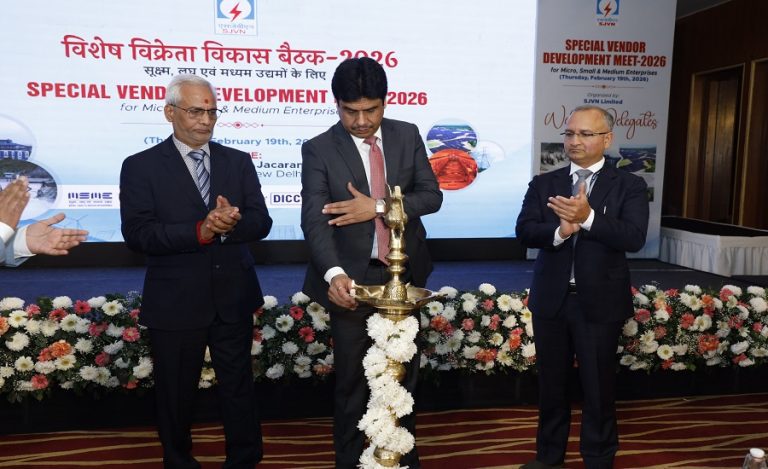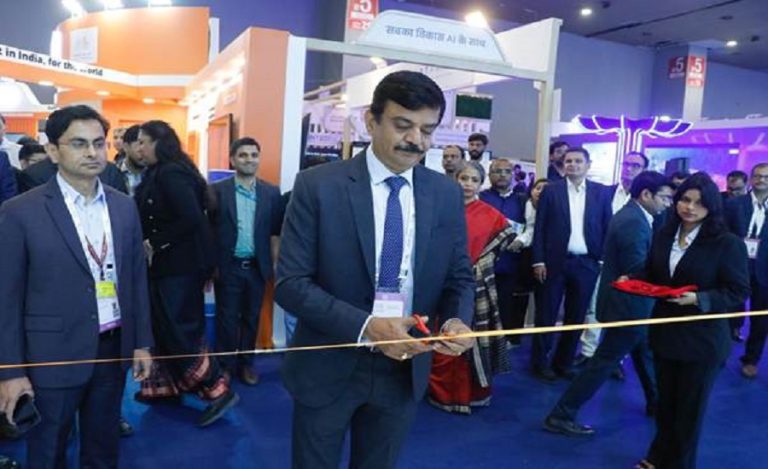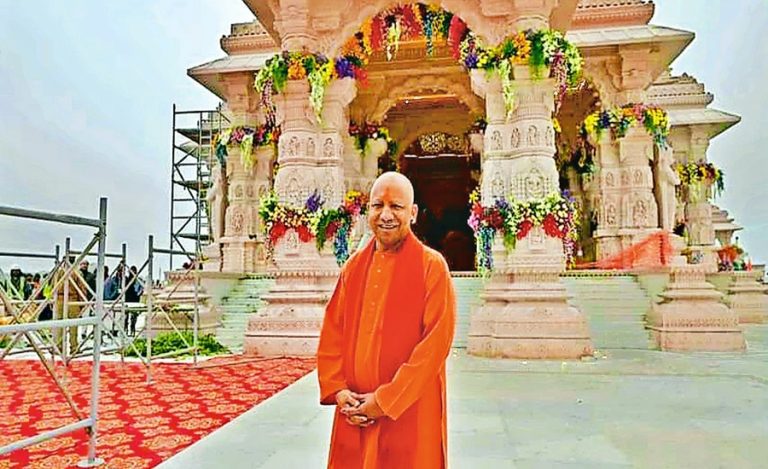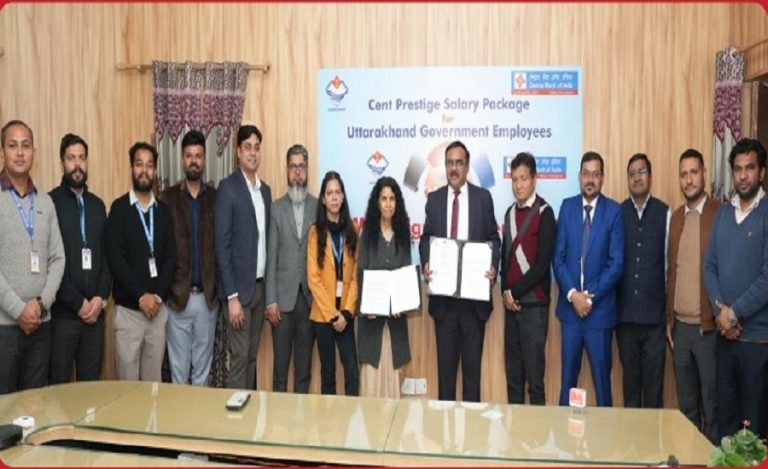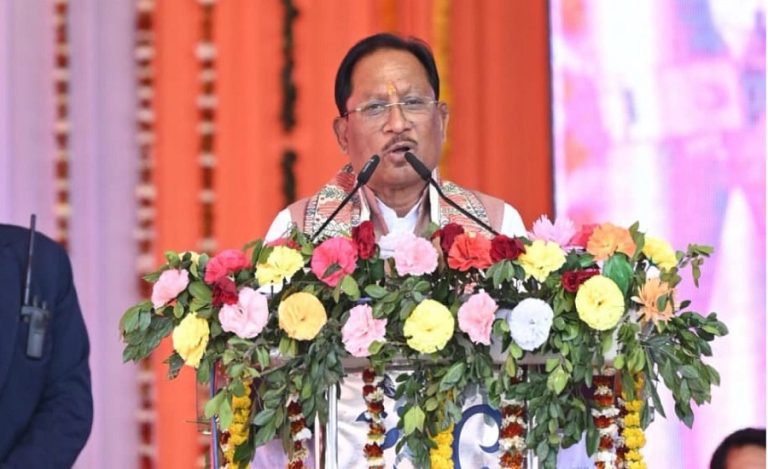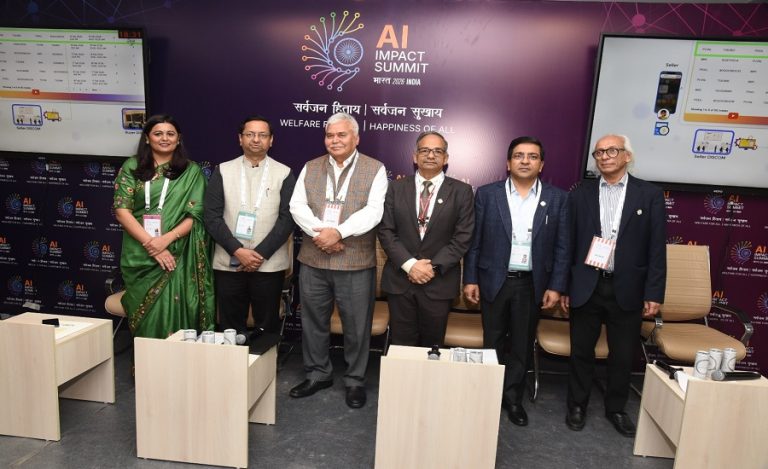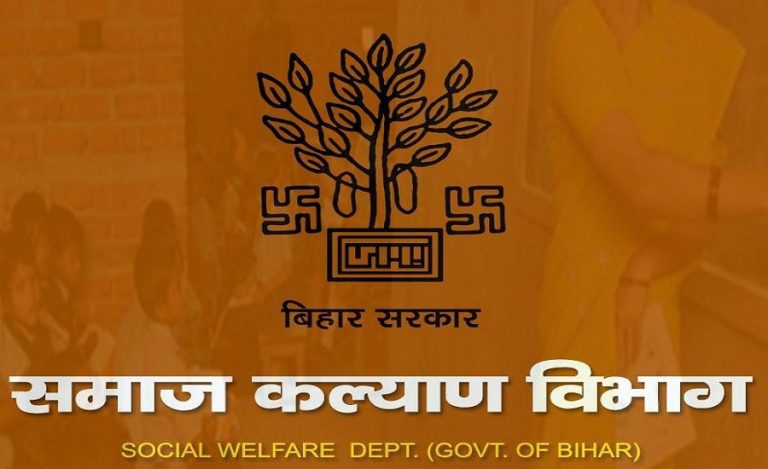New Delhi: In a significant move to strengthen the judiciary in two key states, the Central Government on Friday approved the appointment of two advocates as judges to the Himachal Pradesh High Court and three judicial officers to the Karnataka High Court. The Centre also notified the confirmation of one additional judge as a permanent judge in Karnataka.
Union Minister of State for Law and Justice Arjun Ram Meghwal made the announcement via his official handle on X (formerly Twitter).
Two Advocates Appointed to Himachal Pradesh High Court
The two lawyers cleared for appointment to the Himachal Pradesh High Court are:
- Jiya Lal Bhardwaj
- Romesh Verma
Their elevation comes following the recommendation made by the Supreme Court Collegium in its meeting held on September 15, 2025.
With these additions, the working strength of the Himachal Pradesh High Court will rise from 11 to 13 judges, against the sanctioned strength of 17.
Read also: 24 Judges Appointed to Allahabad High Court, Working Strength Rises to 107
Three Judicial Officers Elevated to Karnataka High Court
In a parallel development, the Centre also cleared the appointment of three judicial officers as judges of the Karnataka High Court, based on recommendations from the Collegium in the same September 15 meeting.
Those elevated are:
- Geetha Kadaba Bharatharaja Setty
- Muralidhara Pai Borkatte
- Tyagaraja Narayan Inavally
Additionally, Justice K.V. Aravind, who was serving as an additional judge, has now been confirmed as a permanent judge of the Karnataka High Court.
Improving Judicial Strength
Currently, the Karnataka High Court has 46 judges functioning against its sanctioned strength of 62. With these new appointments, the number is set to rise to 50, helping reduce the burden of pending cases and improving judicial efficiency.
A Step Toward Judicial Reforms
The latest appointments come amid the government’s continued efforts to fill judicial vacancies across the country. Timely filling of high court vacancies is seen as crucial in tackling mounting case backlogs and improving access to justice for citizens.
The Law Ministry’s swift action following Collegium recommendations reflects an ongoing collaboration between the judiciary and executive in addressing manpower gaps in the justice delivery system.


